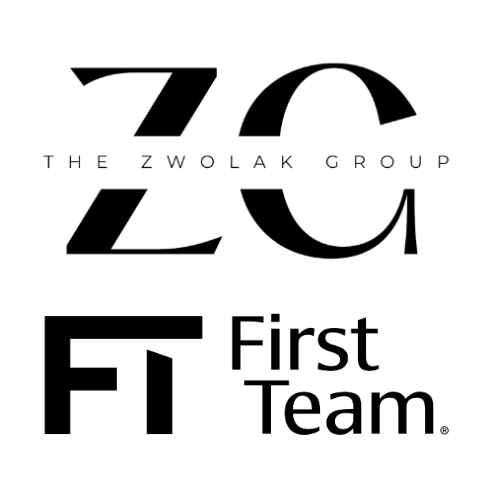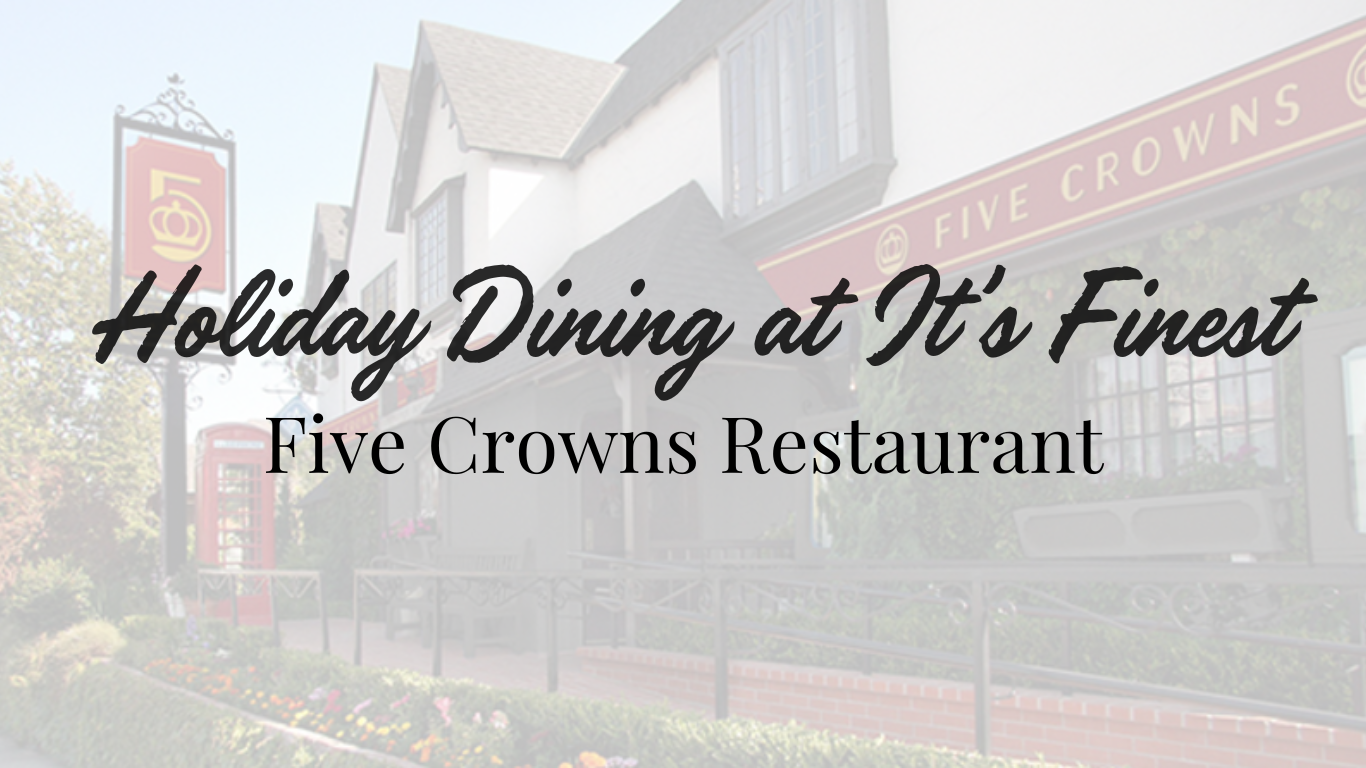Short term rentals have become increasingly popular in recent years, as platforms like Airbnb have made it easier than ever for property owners to rent out their homes to travelers. While there are certainly benefits to owning a short term rental property, there are also some drawbacks that should be considered before making a purchase. Let’s explore the pros and cons of buying a short term rental property, so you can make an informed decision about whether or not it’s right for you.
Pros:
1. Potential for high rental income: One of the biggest draws of owning a short term rental property is the potential for high rental income. Depending on the location and popularity of your property, you may be able to charge significantly more for short term rentals than you would for long term rentals. This can make short term rentals an attractive option for investors looking to generate passive income.
2. Flexibility: Another advantage of owning a short term rental property is the flexibility it provides. You can choose to rent out the property for short periods of time when you’re not using it, and then use it for yourself or family and friends during the off-season. This can be particularly appealing for vacation homes, which can be difficult to rent out year-round.
3. Tax advantages: Depending on your individual circumstances, owning a short term rental property can come with tax advantages. For example, you may be able to deduct expenses related to the property, such as mortgage interest, property taxes, and repairs. You may also be able to take advantage of depreciation deductions, which can offset your rental income.
Cons:
1. Higher maintenance costs: Short term rentals typically require more maintenance than long term rentals, as guests are constantly coming and going. You may need to replace linens and towels more frequently, clean the property more often, and handle repairs and maintenance issues on a more frequent basis. This can add up to higher costs over time.
2. Occupancy fluctuations: Because short term rentals are dependent on travelers, occupancy can be more unpredictable than it is with long term rentals. You may have periods where the property sits empty, which can be particularly challenging if you’re relying on the rental income to cover mortgage payments and other expenses.
3. Regulatory issues: Depending on where you live, there may be regulatory issues to contend with when owning a short term rental property. Some cities have passed laws that restrict the use of short term rentals, while others require permits or licenses to operate. It’s important to research the regulations in your area before investing in a short term rental property.
While owning a short term rental property can be a lucrative investment, it’s important to weigh the pros and cons before making a purchase. Consider the potential rental income, the flexibility of short term rentals, and any tax advantages, as well as the higher maintenance costs, occupancy fluctuations, and regulatory issues that may arise. By carefully evaluating these factors, you can make an informed decision about whether or not a short term rental property is right for you.
The information contained, and the opinions expressed, in this article are not intended to be construed as investment advice. First Team Real Estate and The Zwolak Group does not guarantee or warrant the accuracy or completeness of the information or opinions contained herein. Nothing herein should be construed as investment advice. You should always conduct your own research and due diligence and obtain professional advice before making any investment decision. First Team Real Estate, or The Zwolak Group will not be liable for any loss or damage caused by your reliance on the information or opinions contained herein.





